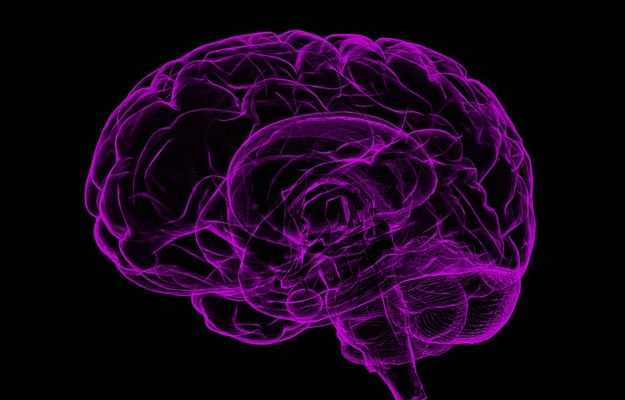What is a brain infection?
Brain infection is a general term used to describe infections that affect various parts of the brain. Brain infection can lead to conditions like meningitis, brain abscess and encephalitis. Meningitis is the inflammation (swelling) of the coverings of the brain, while encephalitis is swelling of the brain tissue. An abscess is a pouch of pus in the brain that occurs as a result of tissue breakdown due to an infection.
What are its main associated signs and symptoms?
Common symptoms seen in brain infections are:
- Fever.
- Headache.
- Vomiting.
- Neck stiffness.
- Seizures.
- Weakness.
- Change in behaviour.
- Visual disturbances.
- Impairment in speech, learning, memory, and concentration.
What are the main causes?
Brain infection is caused by bacteria, virus, fungi, or parasites. The microorganisms can reach the brain in the following ways:
- By blood- A lung, heart and dental infection can reach the brain and its structures through blood. People with a weak immune system or disorder or those who are on immunosuppressant drugs are at risk of developing a brain infection.
- By direct contact- Microorganisms can enter during surgery or through an open wound/injury in the head.
- Through infections in close proximity to the brain, such as middle ear infection, mastoiditis (swelling of the mastoid bone, which is present near the ears), and sinusitis.
Common organisms that cause brain infections are as follows:
- Fungi like T. gondii, T. solium and Aspergillus.
- Bacteria like N.meningitides, S. pneumoniae, H. influenzae and others
- Viruses like chikungunya virus, herpes zoster and simplex, cytomegalovirus and West Nile virus.
How is it diagnosed and treated?
On the basis of the signs and symptoms you experience, your doctor will perform a thorough physical examination followed by diagnostic imaging tests like MRI or CT scan to detect the presence of inflammation in the brain or its coverings. To diagnose an infection, cerebrospinal fluid (CSF) analysis (lumbar puncture) is done, where CSF is taken from the lower back (the lumbar region of the spinal column) and analysed for microorganisms. Normal blood tests are also carried out to detect the disease-causing germs.
Based on the microorganism, antibiotics, anti-viral, or anti-fungal drugs are given for the treatment of brain infection. Duration of medication varies and depends upon the causative agent. Surgery is done in certain cases that pose risk to life.

 OTC Medicines for Brain Infection
OTC Medicines for Brain Infection















